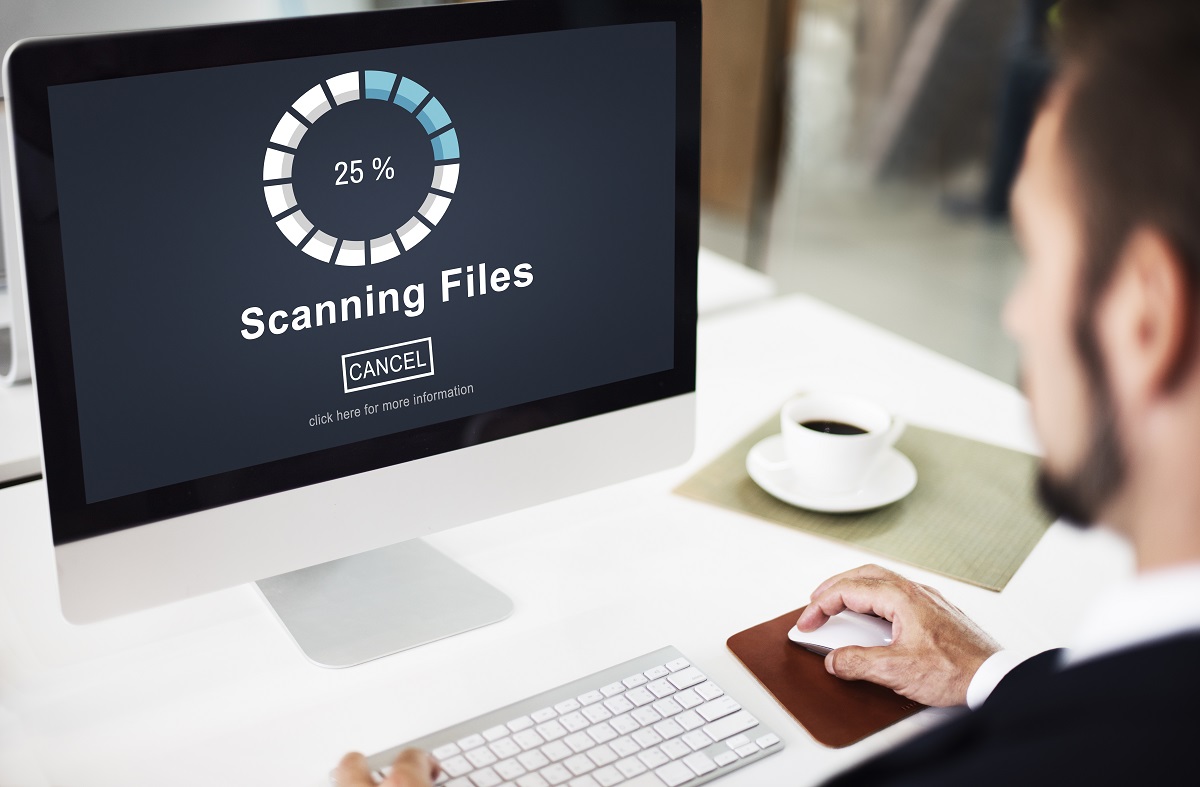Today’s modern times has us living in a digital world. Problem is, even in the virtual realm, we are not free from the criminal minds of people with immoral upbringing. Even organizations, small and large, are vulnerable to security and data breaches, which can lead to severe consequences.
According to Verizon’s 2016 Data Breach Investigations Report, hacking can take only minutes. Problem is, most organizations do not realize that there has been a break-in to their system for weeks. Some may not even realize it for months.
A breach in security can have terrible consequences. Crucial information can be stolen, leading to loss of revenue, damaged brand reputation, online vandalism, loss of intellectual property, and legal expenditures. Due to these outcomes, around 86% of businesses believe that a ServiceNow cloud security breach and other types of security threats are extremely concerning.
Here are some ways by which you can protect your organization from online security threats:
Update Software
Software updates are easy to skip because they can take time and may hinder us to perform some work sometimes. However, a software update is crucial, as it offers critical repairs to security loopholes in the software program we are using. Cybercriminals often attack through the vulnerabilities they see in operating systems and other applications. With updates, these vulnerabilities can be patched up, preventing break-in and data breach.
Software updates make way for enhanced features as well, providing better protection and improved stability of the software.
Use High-Grade Encryption
Data encryption is a process whereby codes are used to protect the digital data and confidential information of organizations. In this type of data protection, only users with a decryption key or password have access to their important records. This type of cybersecurity is efficient in preventing data loss caused by malware attacks. With high-grade data encryption in any organization’s software programs, any form of attack can be automatically blocked and sensitive information encrypted.
There are many businesses offering data loss prevention software online. Choose one that offers data encryption in email, devices, and applications. This may just be a lifesaver for your organization.
Upgrade Devices
Getting new devices and getting rid of the old ones can help increase productivity within the organization’s workforce. New models run faster and are more efficient due to their enhanced features and capabilities. They may also come with security highlights that prevent modern forms of hacking and other cyber-criminal activities.
Replacing old devices with new ones also makes sure that the new software you want to install is compatible with the system requirements needed to run the software.
Keep Important Data Off the Network
Ultra-sensitive data should be kept off the Internet or in other computer networks. While security applications and software aim to keep cybercriminals away, hackers always seem to find means to access the sensitive data of organizations. Keeping sensitive data offline can help provide optimum protection.
Choose External Service Providers Wisely
When using the services of third-party or external service providers, make sure that you choose those that comply with privacy laws. Third-party vendors have access to your most important data. Any breach on their part can be dangerous for your business. Before deciding on a vendor, make a thorough background investigation first.
Likewise, make sure that they have clear policies and procedures for data storage, processing, and communications. Ensure as well that they provide enough security to meet your organization’s requirements. Additionally, make sure that they have concrete plans and procedures in place for handling data and security breaches.
Backup Files

Should you lose data in your software program, it helps to know that you have prepared backups offline. Do not rely entirely on online programs for backups, as these can be hacked by cybercriminals. Offline backups, such as removable external hard drives, are valuable reinforcements should something unpleasant happen to your data online.
Monitor Accounts
Keep tabs on your credit reports and bank accounts. Be wary of transactions you do not recognize. Changing passwords regularly and using only strong secret words can help keep cybercriminals at bay.
Security breaches can come in many forms. Cybercriminals can break into your systems through malware attacks, phishing, compromised downloads, and weak passwords. They can also gain entry by means of outdated software and applications. Once you have detected any breach into your system, change the passwords of all your accounts immediately, and try to see what types of data have been stolen from your account. You may also consider freezing your credit cards and debit cards to make sure that no other entity can use them for their criminal activities.